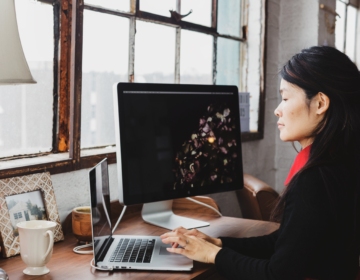What is Social Abuse?
Social abuse happens when someone controls your social interactions and relationships. This can include isolating you from friends, family, and community activities. Social abuse is a form of domestic and family violence and can make you feel alone and dependent on the abuser.
Social abuse is a serious problem because it isolates you and makes you feel alone. It is important to understand what social abuse is and how to get help. By knowing your rights and seeking support, you can reconnect with others and start to rebuild your social life.
In Australia:
- You have the right to have relationships and social interactions without being controlled.
- Social abuse is never your fault.
- Help is available, and you are not alone.
Forms of Social Abuse
Social abuse can take many forms, such as:
- Isolation: Keeping you away from friends, family, and social activities.
- Monitoring: Constantly checking on where you go, who you talk to, and what you do.
- Controlling Communication: Stopping you from using the phone, internet, or other ways to communicate with others.
- Public Humiliation: Insulting or embarrassing you in front of others to damage your relationships.
- Jealousy and Possessiveness: Acting jealous and possessive to prevent you from having other relationships.
Anyone can be a victim of social abuse, regardless of age, gender, or background. Migrant and refugee women may face additional challenges to seek help, such as language barriers and lack of support networks.
Recognising Social Abuse
Identifying and addressing social abuse can be difficult, but some signs include:
- Feeling isolated from friends and family.
- Being monitored or followed by your partner or family member.
- Having your communication restricted or controlled.
- Feeling humiliated or embarrassed in public.
- Experiencing jealousy and possessiveness from your partner or family member.
Impact of Social Abuse
Social abuse can cause both immediate and long-term harm:
- Emotional Pain: Feelings of loneliness, sadness, or depression.
- Loss of Support: Losing contact with friends and family who can offer help and support.
- Dependence: Feeling dependent on the abuser for social interaction and support.
- Low Self-Esteem: Feeling worthless or ashamed because of the abuse.
Getting Help
If you are experiencing social abuse, it is important to seek help. There are resources and services available to support you.
1800RESPECT: Call 1800 737 732 for confidential help and advice.
Australian Federal Police: Call 131 237 or visit their website.
Legal Aid Services: Offer free legal advice and help. They can explain your rights and help you with legal issues. You can contact legal aid in your state or territory here.
Community Organisations: Many local groups help migrant and refugee women find support.
Counselling Services: Professional counsellors can offer emotional support and practical advice.
For more information and support, visit our Support Services Page.

